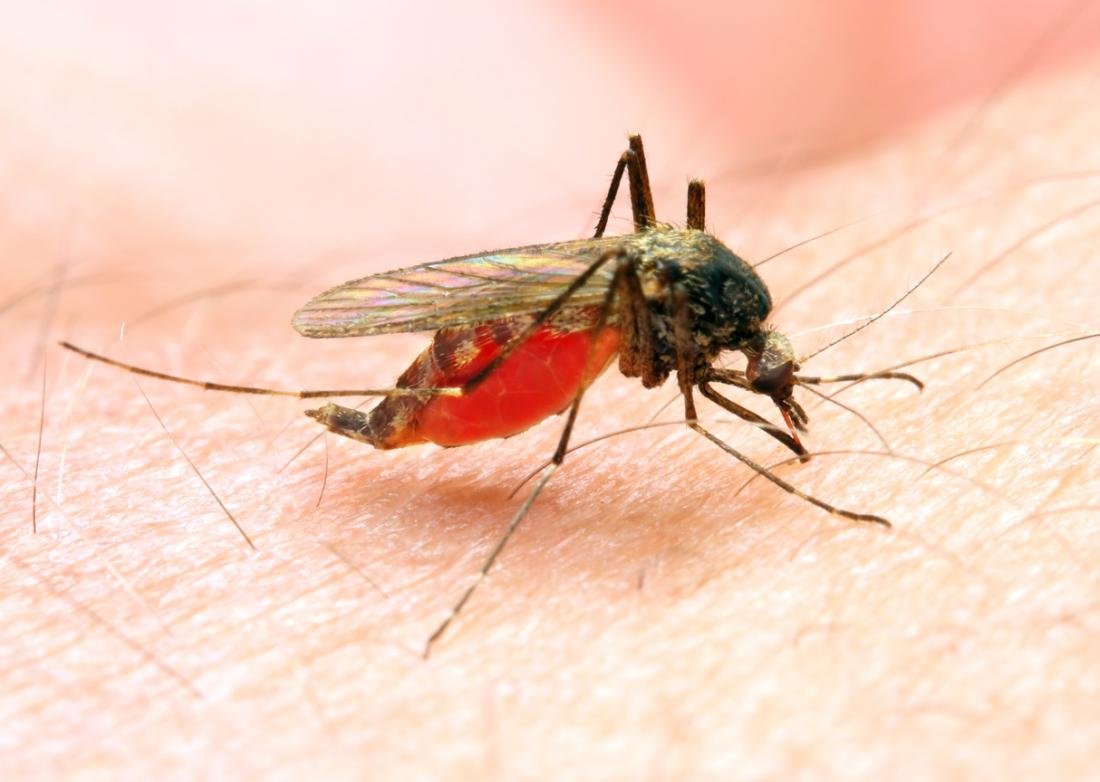World Malaria Day: Celebrating Progress and Commitments to Do More to End the Disease
April 25, 2019 | Thursday | News
Last year, Paraguay and Uzbekistan were certified malaria-free, and Algeria and Argentina are expected to follow this year
Recognizing the actions that saved 7 million lives and prevented more than 1 billion malaria cases since 2000, World Malaria Day, April 25, is the day to applaud major progress and step up the fight to save millions more.
Martin Edlund, CEO of Malaria No More said, “Remarkable leadership, innovation, and investments have made possible the progress-to-date in the global fight to reduce suffering and deaths from malaria, and will be even more critical as we work to end the disease. Enduring commitments – along with a pipeline of groundbreaking new tools, bold new strategies, and increasing efficiencies – will enable us to end this disease in a way that can serve as a model for eradicating other diseases.”
According to the World Health Organization’s World Malaria Report 2018 (WMR), more countries than ever are closer to eliminating malaria, with 46 countries reporting fewer than 10,000 malaria cases. India has also made big gains against malaria in the last two decades by reducing reported malaria cases by more than half and malaria related deaths by two-thirds.
Last year, Paraguay and Uzbekistan were certified malaria-free, and Algeria and Argentina are expected to follow this year. A diverse set of additional countries are on track to eliminate by 2020, among them China and El Salvador reported zero cases for the first time in 2017. Malaria cases also declined by 43% in the Greater Mekong Subregion since 2014.
However, India continues to bear the fourth highest burden of malaria in the world, signaling the need to intensify efforts, increase funding to accelerate the development and delivery of existing and new life-saving tools, and identify greater efficiencies through increased and more strategic use of data. India’s progress drives global fight.
According to the WMR, India registered a 24% decrease in malaria cases between 2016 and 2017, which made India the only country among the 11 highest-burden countries to mark progress during this timeframe. Yet, 1.25 billion Indians continue to remain at risk of malaria and the disease is still a mortal threat to the country’s most vulnerable sections.
Pratik Kumar, said Senior Advisor and Acting Country Director, Malaria No More India said, “India is a consistent driving force in the fight against malaria. For India, meeting its 2030 malaria-free goal will not be easy, but like India’s success eliminating polio and smallpox, India can succeed. To do this, India must mobilize the political will to end malaria and expand proven models to further drive down malaria cases across the country.”
Global donors must increase investments against malaria
India’s malaria fight needs over Rs 10,000 crore till 2022, this requires increased investments from the government and other donors.
As the leading international source of global malaria funding, the Global Fund to Fight AIDS, Tuberculosis and Malaria provides almost 60% of total global funding to target malaria each year and has disbursed $200 million to India since 2005 for malaria.
Besides enabling lifesaving interventions, Global Fund’s support to India has catalyzed additional investment from the country’s Central and State governments to fight malaria, helping reduce the disease burden and mortality substantially.
Global Fund’s continued support for India’s malaria fight is imperative to achieving elimination through filling of critical gaps that aren’t covered by country resources, such as replacing life-saving LLINs and other anti-malaria tools, and health systems strengthening support to reach the most marginalized.
This October, the Global Fund seeks to raise at least US$14 billion in funding for 2020-2022 to help save 16 million lives from all three diseases. Achieving this target is critical to ensure continued progress in the malaria fight.
New tools emerging to continue progress against malaria
Since last World Malaria Day, long-time R&D investments are producing innovations:
- RTS,S, the world’s first, and to date, only vaccine to show partial protection against malaria in young children rolled out in a pilot program in Malawi on 23rd April, 2019 with similar pilots expected to be launched soon in Ghana and Kenya.
- The U.S. Federal Drug Administration approved tafenoquine, a single dose, radical cure to prevent relapse of malaria’s second most common parasite, p.vivax, which infects 8.5 million people every year.
- WHO approved a new class of long-lasting insecticidal nets (LLINs) called PBO (piperonyl butoxide) LLINs, which have proven effective against insecticide resistant mosquitoes in high malaria transmission areas.
- Later this year, the world will celebrate the delivery of over 2 billion life-saving bed nets since 2000.
Edlund added, “No one tool will end malaria. Rather, it will require a robust pipeline of transformative new tools, data-driven targeting based on local conditions, and strong underlying health systems – including networks of frontline health workers. This should ensure the right tools get to the communities and families that need them most.”
Communities are taking ownership
This year’s World Malaria Day theme, ‘Zero Malaria Starts with Me,’ reminds citizens everywhere, and particularly in malaria burdened countries like India, that they not only have personal responsibility in protecting their families, communities and countries from this preventable disease, but also the power to hold leaders accountable for meeting their commitments to end the disease.
This year, on World Malaria Day, more than 40 civil society organizations from around the world are forming a new coalition– Civil Society for Malaria Elimination (CS4ME) –to harness the power of a global network of civil society and communities to achieve malaria elimination. Eliminating malaria from India will require coordinated action of a similar nature from the government, donors, civil society groups and local communities.









